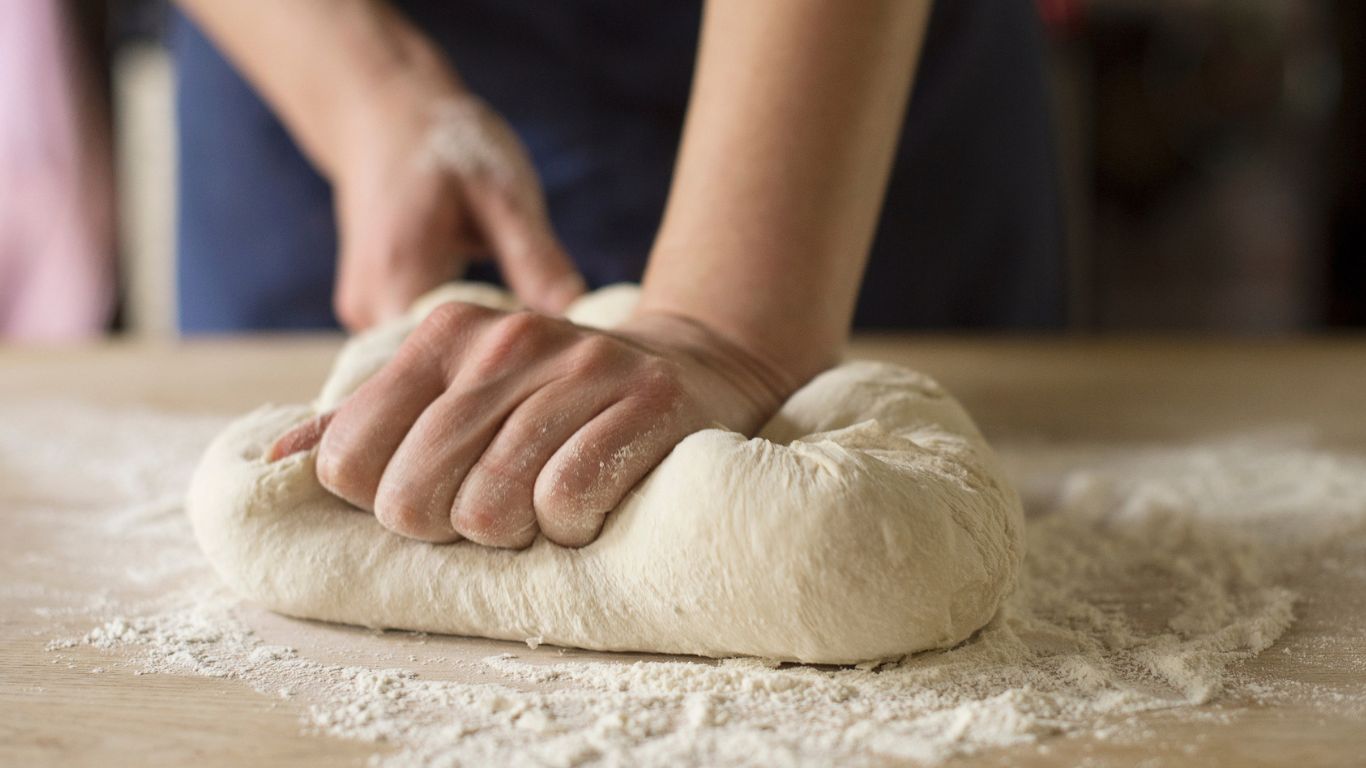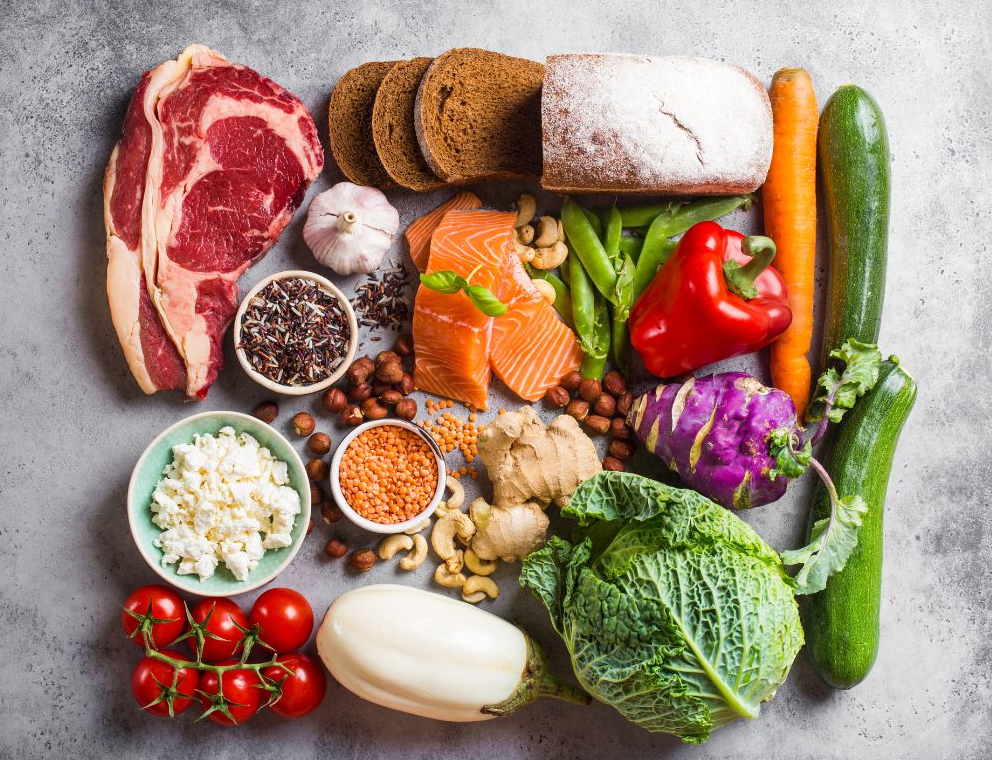Introduction
Hey there! Have you ever considered the benefits of cooking and baking from scratch? If you’re like me, you might have started out of curiosity or the desire to create delicious meals at home. But as I’ve discovered, the advantages extend far beyond just tasty food. Cooking and baking at home offer a myriad of benefits that span financial, mental, and physical well-being. Let’s dive into the comprehensive advantages of these home-cooked endeavors and explore how they can transform your life.

Financial Benefits
1. Cost Savings
One of the most immediate benefits of cooking at home is the significant cost savings. Eating out or ordering takeout can quickly add up, draining your wallet faster than you’d expect. When you cook from scratch, you have control over the ingredients and can buy them in bulk, often at a lower cost per unit than pre-packaged or restaurant meals.
Groceries vs. Dining Out: A home-cooked meal generally costs a fraction of what you’d pay at a restaurant. For example, a simple pasta dish made at home can cost as little as $2-3 per serving, compared to $10-15 at a restaurant.
Consider the cost of pizza. Ordering a large pizza from a pizzeria can easily cost $15-20, depending on toppings and delivery fees. In contrast, making pizza at home can be much more economical. A basic pizza dough made from scratch requires just a few ingredients: flour, yeast, salt, water, and a bit of olive oil, costing about $1-2. Add homemade tomato sauce, cheese, and your favorite toppings, and the total cost of a homemade pizza can be around $5-7, saving you more than half the cost of ordering out. Plus, you can customize it exactly to your liking and avoid any additional fees.
Less Waste: Cooking at home also allows you to manage portions better and utilize leftovers efficiently, reducing food waste and saving even more money. According to the Natural Resources Defense Council (NRDC), Americans waste approximately 40% of the food they purchase. By planning meals and using leftovers creatively, you can significantly cut down on this waste (NRDC).
2. Budget Control
When you cook at home, you have greater control over your budget. Meal planning and grocery shopping lists help you avoid impulse purchases and reduce the likelihood of spending money on takeout or unnecessary items.
Meal Planning: Planning your meals in advance means you can make the most of sales and seasonal produce, further stretching your food budget. Apps like Mealime or websites like Budget Bytes can help you plan cost-effective meals.
Ingredient Utilization: Using basic ingredients across multiple meals ensures that nothing goes to waste. For example, a whole chicken can be used for multiple meals – roast chicken one night, chicken salad the next, and chicken soup the day after.

Mental Benefits
1. Stress Relief
Cooking and baking can be incredibly therapeutic. The repetitive motions involved in chopping vegetables, stirring sauces, or kneading dough can have a calming effect similar to meditation, helping to alleviate stress and anxiety.
Therapeutic Activity: When I first started baking bread, I was surprised at how soothing it was to knead the dough. The rhythmic motion helped me focus on the task at hand, providing a mental break from daily stresses. According to the American Psychological Association, engaging in creative activities like cooking can reduce stress and improve mood (American Psychological Association).
Creativity and Satisfaction: Experimenting with new recipes and creating delicious meals can be highly satisfying and boost self-esteem. There’s a unique joy in crafting a dish from scratch and seeing your family or friends enjoy it.
2. Mindfulness
Cooking requires attention to detail and focus, promoting mindfulness and helping you stay present in the moment. This practice can improve mental clarity and emotional resilience.
Focus and Presence: When I’m immersed in a complex recipe, I find myself fully present, focusing on each step and ingredient. This mindfulness has helped me appreciate the process of cooking, not just the end result. The Mayo Clinic highlights that mindfulness can reduce stress and improve overall well-being (Mayo Clinic).
Family Bonding: Cooking together can strengthen relationships, offering a way to spend quality time with loved ones. Sharing recipes and preparing meals together can create lasting memories and traditions.
3. Improved Mood
Engaging in creative activities like cooking can boost your mood. The act of creating something new provides a sense of accomplishment and happiness, thanks to the release of dopamine, the “feel-good” neurotransmitter.
Dopamine Boost: Every time I try a new recipe and it turns out well, I feel a surge of happiness and satisfaction. According to Healthline, engaging in creative activities can increase dopamine levels, improving mood and reducing feelings of depression (Healthline).
Sense of Achievement: Completing a meal or baking a beautiful cake provides a tangible sense of accomplishment. This feeling can boost your confidence and motivate you to tackle other challenges in your life.

Physical Benefits
1. Healthier Ingredients
When you cook from scratch, you have complete control over the ingredients you use. This allows you to make healthier choices and avoid the unhealthy additives, preservatives, and excess sugar or salt often found in pre-packaged or restaurant meals.
Control Over Ingredients: I love knowing exactly what goes into my food. By using fresh, whole ingredients, I can ensure that my meals are nutrient-dense and free from harmful additives. The Harvard T.H. Chan School of Public Health emphasizes the benefits of cooking with fresh, unprocessed ingredients for better health outcomes (Harvard T.H. Chan School of Public Health).
Nutrient-Rich Foods: Cooking at home allows you to prioritize fresh vegetables, lean proteins, and whole grains, creating balanced and nutritious meals that support overall health.
2. Portion Control
Home-cooked meals offer better portion control, which can help with weight management and overall health. When you prepare your own food, you can adjust portion sizes to meet your dietary needs.
Appropriate Serving Sizes: Restaurants often serve oversized portions, leading to overeating. Cooking at home allows you to serve appropriate portion sizes, helping you avoid the pitfalls of overindulgence. The Centers for Disease Control and Prevention (CDC) highlights the importance of portion control in maintaining a healthy weight (CDC).
Balanced Meals: By planning and preparing your meals, you can ensure they are balanced with the right proportions of protein, carbohydrates, and healthy fats, supporting a well-rounded diet.
3. Increased Activity
Cooking and baking involve physical activity, from chopping vegetables to stirring pots and kneading dough. These activities can contribute to a more active lifestyle, even if they are not as intense as a workout.
Physical Engagement: I’ve found that spending time in the kitchen keeps me moving, whether it’s running back and forth between the stove and the counter or using my hands to mix ingredients. This low-intensity activity can add up, helping to keep you physically engaged throughout the day.
Fine Motor Skills: The precision required in cooking and baking can improve fine motor skills, enhancing hand-eye coordination and dexterity.

Additional Benefits
1. Learning and Skill Development
Regular cooking improves your culinary skills, making you more confident and capable in the kitchen. It also fosters creativity and problem-solving as you adapt recipes and techniques to suit your needs.
Culinary Skills: Since I started cooking more at home, my knife skills, understanding of flavors, and ability to follow complex recipes have improved significantly. This confidence in the kitchen translates to other areas of my life, boosting my overall sense of competence.
Problem-Solving: Cooking often requires on-the-spot problem-solving, whether it’s substituting ingredients or fixing a recipe that’s gone awry. This fosters creativity and resilience, skills that are valuable beyond the kitchen.
2. Sustainability
Cooking at home is often more environmentally friendly than dining out or relying on pre-packaged meals. It involves less packaging waste and allows you to make eco-conscious choices.
Eco-Friendly Choices: By cooking at home, I can minimize single-use packaging and opt for reusable containers and bags. This reduces my household waste and environmental footprint. According to the Environmental Protection Agency (EPA), reducing packaging waste is a significant step towards sustainability (EPA).
Local and Seasonal Foods: Cooking at home gives you the opportunity to use local and seasonal ingredients, supporting local farmers and reducing the carbon footprint associated with long-distance food transportation.
Conclusion
Cooking and baking from scratch, as well as cooking at home, offer a myriad of benefits that enhance financial stability, mental well-being, and physical health. From cost savings and budget control to stress relief, improved mood, and healthier ingredients, the advantages are extensive and deeply rewarding. By embracing home cooking, you can foster family bonds, develop new skills, and contribute to a more sustainable lifestyle.
So, if you haven’t already, grab some fresh ingredients and start your culinary journey today. Trust me, your mind, body, and wallet will thank you.
Happy cooking!
Cas Lin
Small Possibilities
For more information, you can check out sources like Harvard T.H. Chan School of Public Health, Healthline, and The Guardian.

Leave a Reply